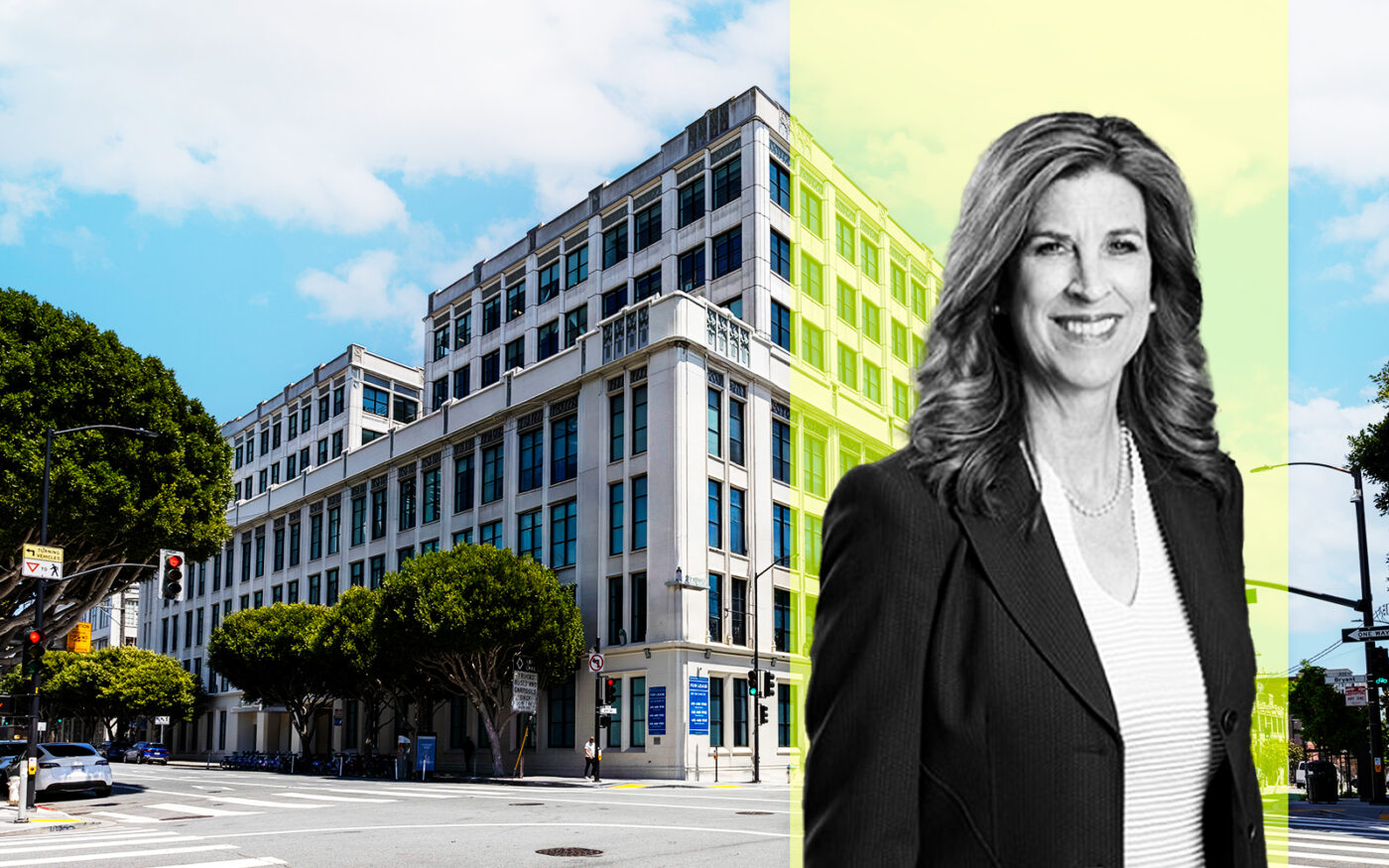The Swig Company has signed two new artificial intelligence tenants at 501 Second Street in SoMa, for nearly 20,000 square feet combined, according to a press release from the San Francisco-based owner and developer.
LangChain, an open-source framework for building applications using large language models, is taking 11,800 square feet in the seven-story 200,000-square-foot former warehouse, while unitQ, an AI-enabled product quality and user experience analytics platform, has signed on for 7,500 square feet.
A Swig representative said that the company could not comment on specific lease terms like length, price per square foot and tenant improvements, but did say unitQ moved in in February, while LangChain is expected to do so May 1.
Cory Kristoff, Swig’s director of leasing, said in a statement that the company was happy to welcome “two San Francisco-based enterprises advancing the application of artificial intelligence in business” and that it looked forward to “supporting their future growth.”
Mike McCarthy, Brian McCarthy and Maddie Meyersieck of Transwestern represented Swig in both transactions. They did not immediately reply to a request for comment via a spokesperson.
A Transwestern marketing page for the property indicates that the recently snagged LangChain space is Suite 120, which is located directly off the lobby and has two large conference rooms, five smaller huddle rooms, a private shower, an open kitchen/dining area and 16-foot-high ceilings. The unitQ space appears to be Suite 212, which has 10 conference rooms and an open kitchen. A Swig representative would not confirm the suite numbers.
There are still seven vacant suites in the building totaling about 50,000 square feet, according to the site, which also shows three of those have been undergoing spec suite renovations. They will be delivered in April, Swig confirmed.
Blake Walker and Caroline O’Loughlin Livermore of CBRE represented LangChain. Walker said LangChain would be moving into a furnished space, which “minimized disruption” so they could focus on their business and give their team “an office they enjoy coming into.”
“The decision to move to 501 Second Street was driven by favorable economics, term flexibility, and a high-quality workspace that supports their growing team,” he said.
Will Cassriel and Grant Dettmer of JLL represented unitQ. They did not immediately reply to a request for comment via a representative.
AI has been touted as the likely taker for a substantial portion of San Francisco’s one-third-empty office space. There were 86 AI leases signed last year in the city, according to Kilroy analysis, with AI expected to drive another 1 million to 1.5 million square feet in absorption this year. Tech office leasing was up 17 percent last year, driven by AI demand, according to CBRE.
AI companies are “absolutely” having an impact on the office market, Walker said, adding that with 5 million square feet of leased space, the city’s 200 AI companies represent nearly 9% of the total occupied office space in the city.
“These AI companies recognize the strategic value of being in San Francisco—not just for access to talent and investors, but for building in-office cultures that will help shape the future of downtown,” he said.
If more of these AI companies come to SoMa, it would be a much-needed boost to the neighborhood, which has been hit harder than other SF markets by tech’s office retreat since the pandemic. At the end of 2024, SoMa was 40 percent vacant, compared to 36.5 percent citywide, according to CBRE data.
Read more



